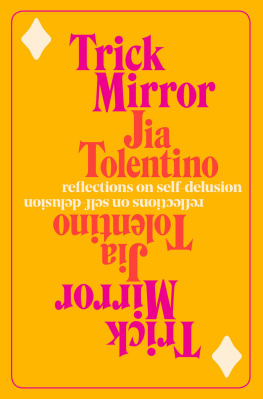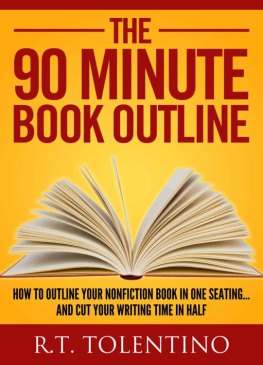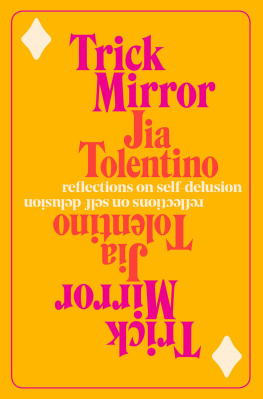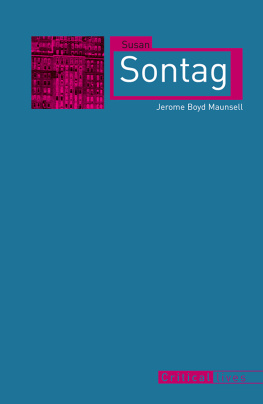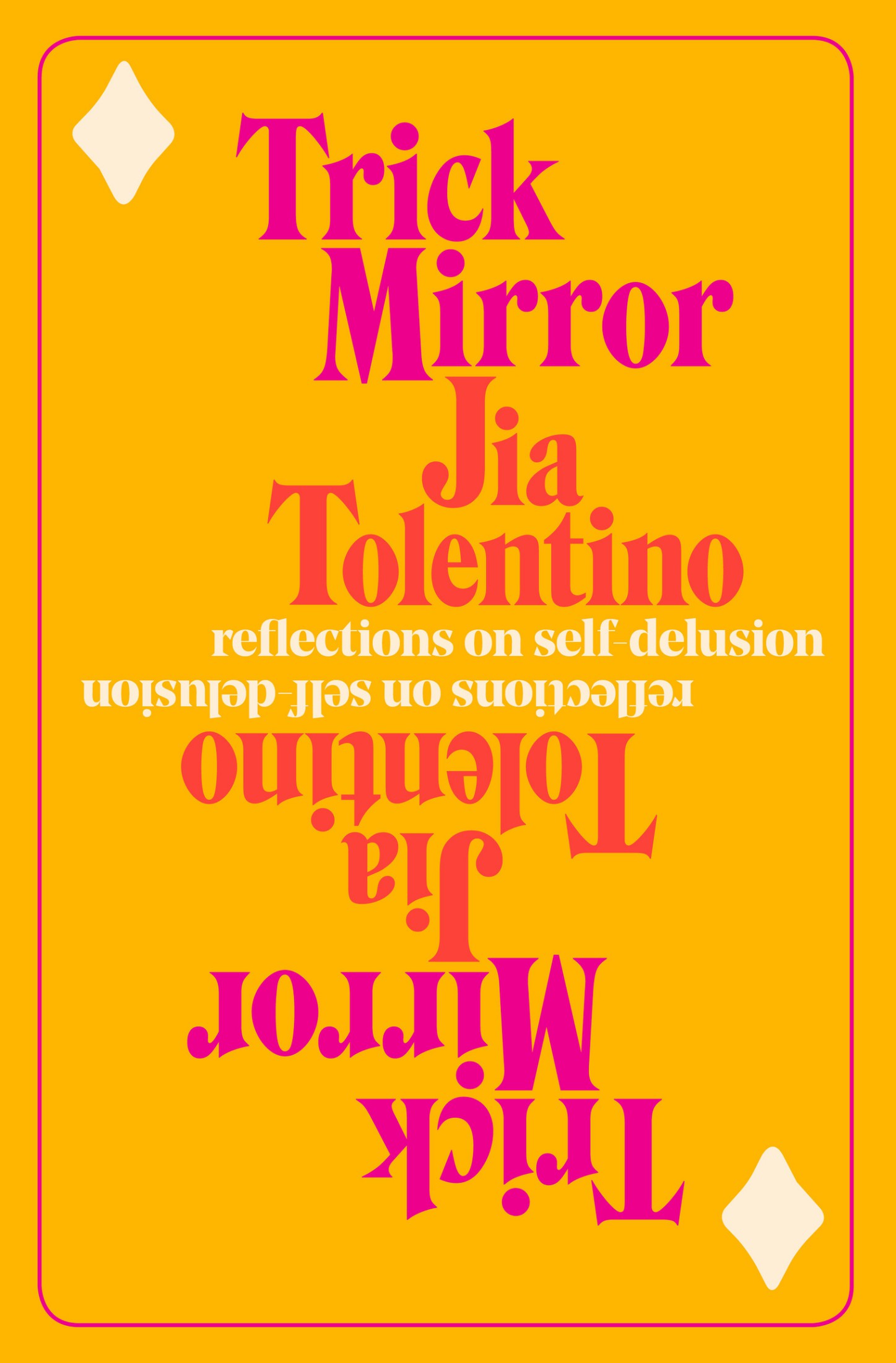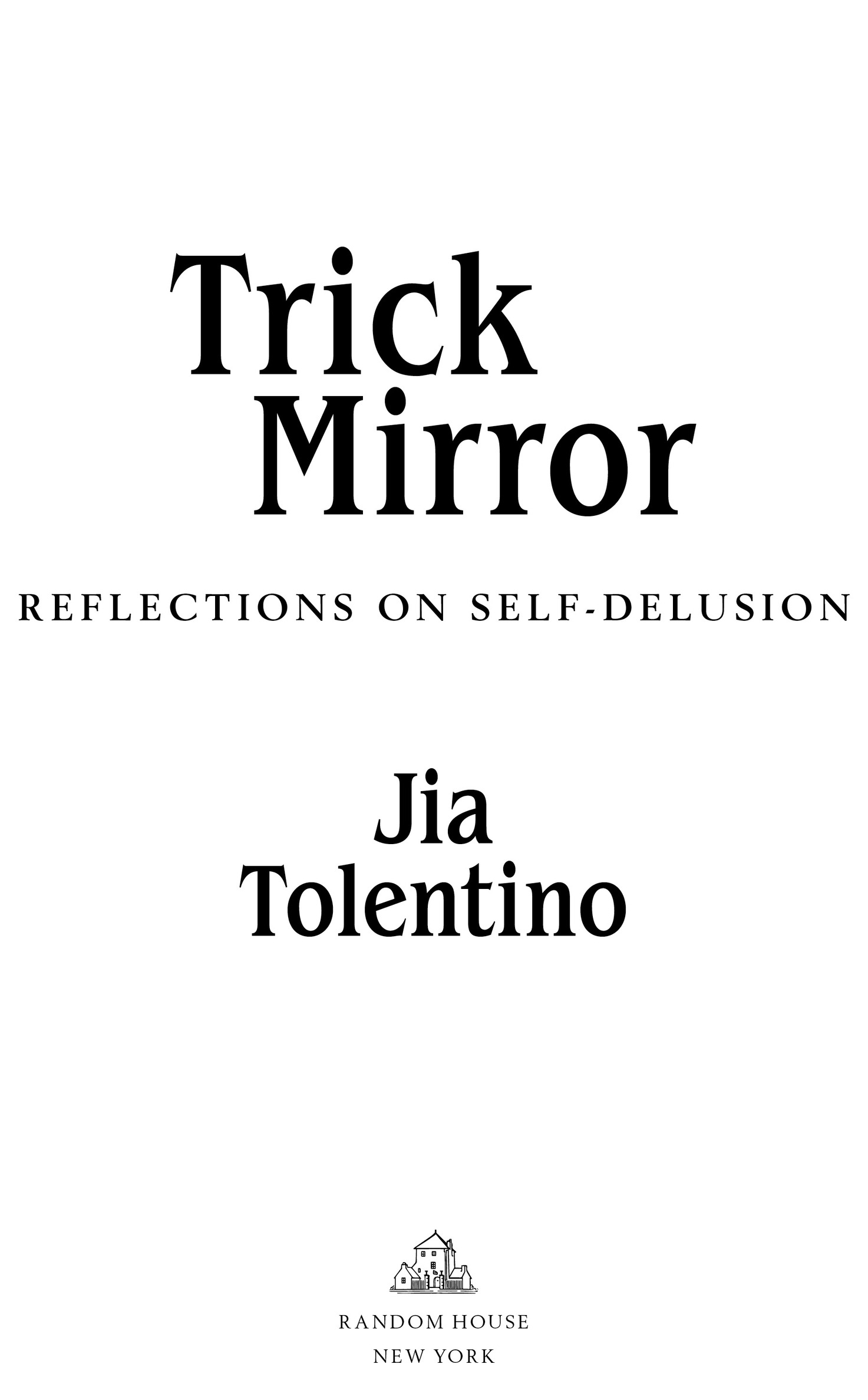All rights reserved.
Published in the United States by Random House, an imprint and division of Penguin Random House LLC, New York.
R ANDOM H OUSE and the H OUSE colophon are registered trademarks of Penguin Random House LLC.
Names: Tolentino, Jia, author.
Title: Trick mirror : reflections on self-delusion / Jia Tolentino.
Description: New York : Random House, 2019.
Subjects: LCSH: United StatesCivilization21st century.
Book design by Elizabeth A. D. Eno, adapted for ebook
Introduction
I wrote this book between the spring of 2017 and the fall of 2018a period during which American identity, culture, technology, politics, and discourse seemed to coalesce into an unbearable supernova of perpetually escalating conflict, a stretch of time when daily experience seemed both like a stopped elevator and an endless state-fair ride, when many of us regularly found ourselves thinking that everything had gotten as bad as we could possibly imagine, after which, of course, things always got worse.
Throughout this period, I found that I could hardly trust anything that I was thinking. A doubt that always hovers in the back of my mind intensified: that whatever conclusions I might reach about myself, my life, and my environment are just as likely to be diametrically wrong as they are to be right. This suspicion is hard for me to articulate closely, in part because I usually extinguish it by writing. When I feel confused about something, I write about it until I turn into the person who shows up on paper: a person who is plausibly trustworthy, intuitive, and clear.
Its exactly this habitor compulsionthat makes me suspect that I am fooling myself. If I were, in fact, the calm person who shows up on paper, why would I always need to hammer out a narrative that gets me there? Ive been telling myself that I wrote this book because I was confused after the election, because confusion sits at odds to my temperament, because writing is my only strategy for making this conflict go away. Im convinced by this story, even as I can see its photonegative: I wrote this book because I am always confused, because I can never be sure of anything, and because I am drawn to any mechanism that directs me away from that truth. Writing is either a way to shed my self-delusions or a way to develop them. A well-practiced, conclusive narrative is usually a dubious one: that a person is not into drama, or that America needs to be made great again, or that America is already great.
These essays are about the spheres of public imagination that have shaped my understanding of myself, of this country, and of this era. One is about the internet. Another is about optimization, and the rise of athleisure as late-capitalist fetishwear, and the endlessly proliferating applications of the idea that womens bodies should increase their market performance over time. Theres an essay about drugs and religion and the bridge that ecstasy forms between them; another about scamming as the definitive millennial ethos; another about the literary heroines journey from brave girl to depressed teenager to bitter adult woman whos possibly dead. One essay is about my stint as a teenage reality TV contestant. One is about sex and race and power at the University of Virginia, my alma mater, where a series of convincing stories have exacted enormous hidden costs. The final two are about the feminist obsession with difficult women and about the slow-burning insanity that I acquired in my twenties while attending what felt like several thousand weddings per year. These are the prisms through which I have come to know myself. In this book, I tried to undo their acts of refraction. I wanted to see the way I would see in a mirror. Its possible I painted an elaborate mural instead.
But thats fine. The last few years have taught me to suspend my desire for a conclusion, to assume that nothing is static and that renegotiation will be perpetual, to hope primarily that little truths will keep emerging in time. While I was writing this, a stranger tweeted an excerpt of a Jezebel piece I wrote in 2015, highlighting a sentence about what women seemed to want from feminist websitesa trick mirror that carries the illusion of flawlessness as well as the self-flagellating option of constantly finding fault. I had not remembered using that phrase when I came up with a book title, and I had not understood, when I was writing that Jezebel piece, that that line was also an explanation of something more personal. I began to realize that all my life Ive been leaving myself breadcrumbs. It didnt matter that I didnt always know what I was walking toward. It was worthwhile, I told myself, just trying to see clearly, even if it took me years to understand what I was trying to see.
The I in the Internet
In the beginning the internet seemed good. I was in love with the internet the first time I used it at my dads office and thought it was the ULTIMATE COOL, I wrote, when I was ten, on an Angelfire subpage titled The Story of How Jia Got Her Web Addiction. In a text box superimposed on a hideous violet background, I continued:
But that was in third grade and all I was doing was going to Beanie Baby sites. Having an old, icky bicky computer at home, we didnt have the Internet. Even AOL seemed like a far-off dream. Then we got a new top-o-the-line computer in spring break 99, and of course it came with all that demo stuff. So I finally had AOL and I was completely amazed at the marvel of having a profile and chatting and IMS!!
Then, I wrote, I discovered personal webpages. (I was astonished!) I learned HTML and little Javascript trickies. I built my own site on the beginner-hosting site Expage, choosing pastel colors and then switching to a starry night theme. Then I ran out of space, so I decided to move to Angelfire. Wow. I learned how to make my own graphics. This was all in the course of four months, I wrote, marveling at how quickly my ten-year-old internet citizenry was evolving. I had recently revisited the sites that had once inspired me, and realized how much of an idiot I was to be wowed by that.
I have no memory of inadvertently starting this essay two decades ago, or of making this Angelfire subpage, which I found while hunting for early traces of myself on the internet. Its now eroded to its skeleton: its landing page, titled THE VERY BEST, features a sepia-toned photo of Andie from Dawsons Creek and a dead link to a new site called THE FROSTED FIELD, which is BETTER! Theres a page dedicated to a blinking mouse GIF named Susie, and a Cool Lyrics Page with a scrolling banner and the lyrics to Smash Mouths All Star, Shania Twains Man! I Feel Like a Woman! and the TLC diss track No Pigeons, by Sporty Thievz. On an FAQ pagethere was an FAQ pageI write that I had to close down my customizable cartoon-doll section, as the response has been enormous.
It appears that I built and used this Angelfire site over just a few months in 1999, immediately after my parents got a computer. My insane FAQ page specifies that the site was started in June, and a page titled Journalwhich proclaims, I am going to be completely honest about my life, although I wont go too deeply into personal thoughts, thoughfeatures entries only from October. One entry begins: Its so HOT outside and I cant count the times acorns have fallen on my head, maybe from exhaustion. Later on, I write, rather prophetically: Im going insane! I literally am addicted to the web!

